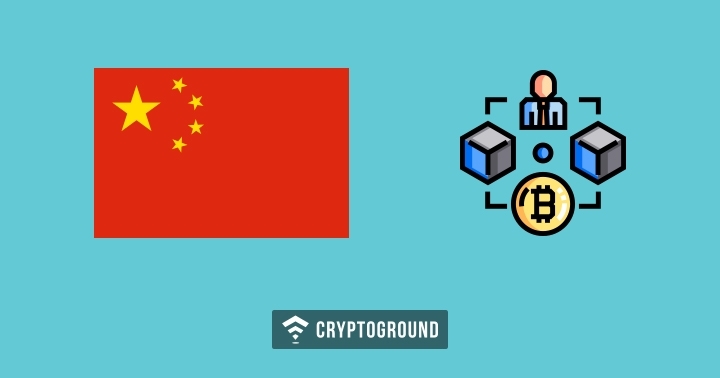Blockchain Service Network’s (BSN), a blockchain interoperability network comprising of Ethereum, Hpyerledger, and EOS, has been launched globally. The network would now connect to over 128 cities and seven countries after the global launch.
The BNS project has been subjected to internal testing for over 6 months and was unveiled to a global audience during a virtual press conference in Beijing on April 25.
Since then, Blockchain has been riding atop the praise of commentators from various corners of the decentralized space during its testing phase and has been financed by some of the renowned telecommunication firms in addition to the Central Bank of China.
With this commercial global launch, BSN would have 7 nodes outside China in seven different countries namely: Paris, Singapore, California, Tokyo, Johannesburg, San Paulo, and Sydney.
The global firms that are willing to do business using the network would be required to adhere to BSN’s rules.
The Interoperable Blockchain Internet
Chairman of BSN’s Development Assn. Zhiguang Shan, while speaking in a virtual press conference, stressed that the network is not like any other blockchain platform. Rather it's an ecosystem, internet-like environment.
Its interoperability makes it unique through the combination of ETH, ChainSQL, EOS, Hyperledger, Baidu’s Xuperchain, and WeBank’s FISCO BCOS.
Shan also revealed that the “Internet” term is not just a catchphrase, as the ecosystem indeed behaves and functions similarly to the world wide web; where any small or medium-sized business can utilize it by simply tapping on different functionalities of the ecosystem. The original white paper of BSN describes it as
“a cross-cloud, cross-portal, cross-framework global infrastructure network used to deploy and operate all types of blockchain applications.”
If we go by what the white paper suggests than the blockchain is going to be a free-flowing ecosystem with no restriction on the choice of the end-user, who can determine their cloud service provider and blockchain protocol they want to use.
The creators have promised a free-flow of information in the ecosystem which would eventually "host thousands of applications" irrespective of their infrastructure just like the internet.
Blockchain Space's Long-Term Race to Interoperability
Interoperability has been one of the biggest tasks for the blockchain space, especially with the latest generation of use-cases.
There are thousands of blockchain platforms and applications currently available in the decentralized space but creating a corridor through which one can be utilized in combination with the other protocols has been an uphill task.
There have been several projects in the recent past working towards interoperability, namely PolkaDot and Cosmo, but their success rates are still not on-par.
RedDate, the tech provider behind Blockchain, has revealed that they've been working with the likes of Cosmo for cross-chain solutions. However, they didn't reveal or provide any proof of how smoothly the interoperable tech would function on the Blockchain.
Revealing that they were quite happy with BSN’s universal approach and the fact that they are accepting everyone in their ecosystem was Honggang Chen, VP of PeerSafe He stated,
“I’m glad that BSN is tackling interoperability and I believe if they put their mind to tackle it, it will be solved,” Chen told me. “We at PeerSafe are actively exploring ways to deploy our products on BSN.”
BSN has also attracted the interest of cloud hosting service providers, which is understandable given the broad scope of the project, it would require a ton of hosting capacity as well.
The virtual conference saw some of the biggest local cloud service providers offer their support for the project which included China Mobile and Baidu Cloud along with AWS’s China Cloud team.
Could Encryption Standard on Blockchain Obstruct Global Appeal?
Although BSN claimed that it has a global outlook and it would work as an internet ecosystem allowing different protocols to co-exist, the truth is slightly different.
It was found that not every protocol would be allowed into the ecosystem, rather only the refined ones under the Chinese home-grown encryption would be allowed to function. Hyperledger, for example, is a foreign protocol but the BSN team revealed that it would be ‘refined’ under the local encryption law before being released on the BSN.
The state’s authority over various businesses in China is no secret to the world, and that can be a headache for the universal appeal. Since the standard encryption would be controlled and owned by the state, many international projects from the West might refrain from hosting their application and services in the ecosystem
At present with the launch, BSN might look like the interoperable future of the decentralized space that everyone has been looking for, but once we start digging deeper and look at the state’s control over the “internet of blockchain” it might not be as rosy as many from BSN would like everyone to believe.
























